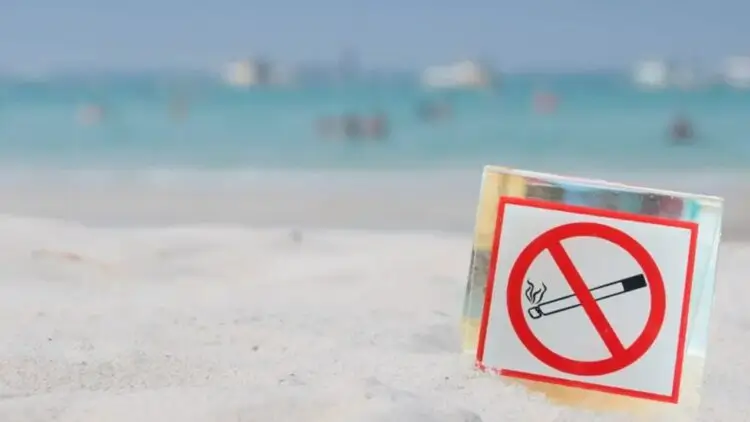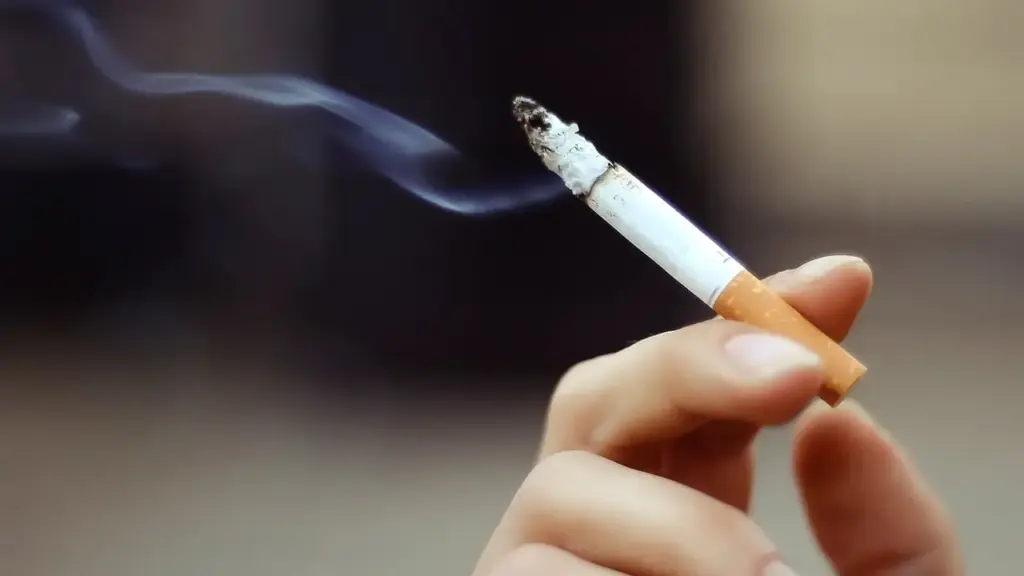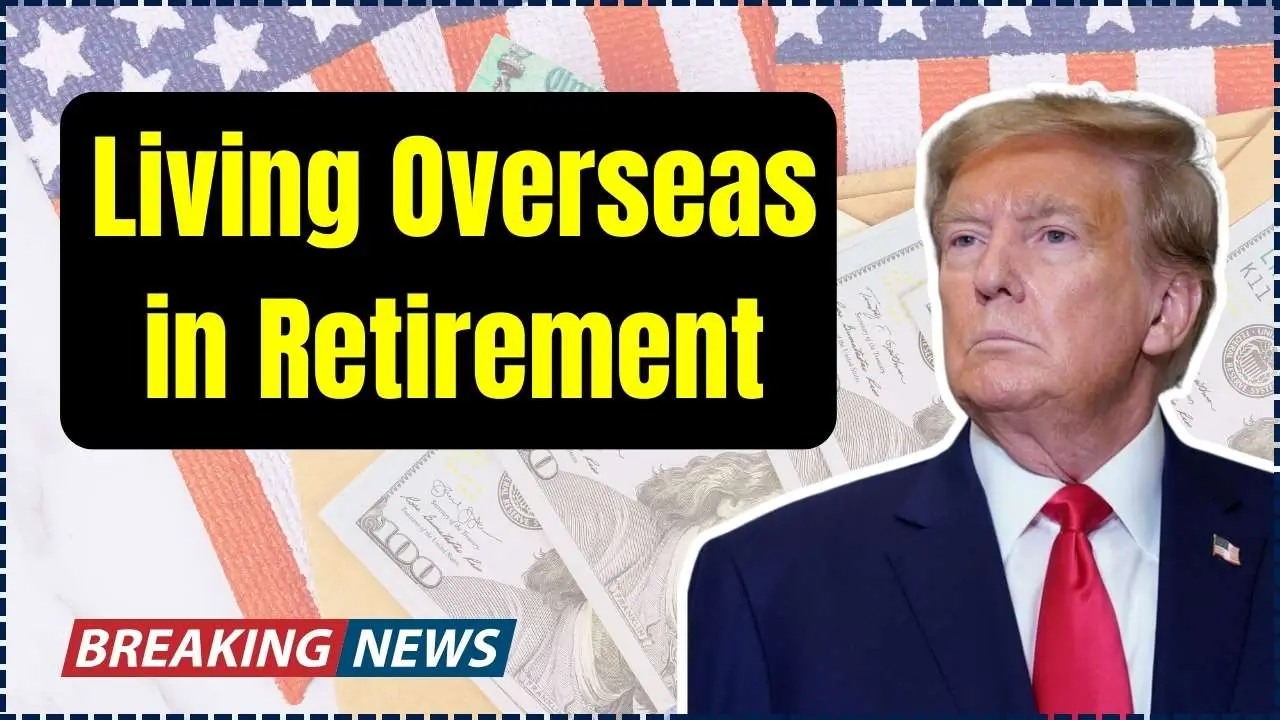In a sweeping public health measure, the Maldives has enacted a controversial new law banning anyone born after January 1, 2007—including foreign tourists—from purchasing, using, or possessing tobacco products. The legislation, effective immediately, targets both local residents and international visitors from the United States, Canada, and elsewhere.

This unprecedented move has raised questions among travelers and the tourism industry alike, as it affects a new generation of smokers, including tourists who may not be aware of the new restrictions.
What Does the Ban Cover?
Under the new law, tourists and residents born on or after January 1, 2007, are prohibited from buying or using tobacco products within the Maldives. This includes traditional cigarettes, loose tobacco, and electronic smoking devices like e-cigarettes and vapes.
The law applies equally to locals and foreign visitors, meaning tourists from the U.S. and Canada—often accustomed to more lenient smoking policies—will now be subject to the same restrictions as Maldivian residents. It is part of a broader effort by the Maldivian government to reduce smoking rates among younger generations. This generational ban is seen as a bold public health initiative, aiming to ensure a “smoke-free generation.”
For foreign visitors, the rules are clear: those born after the cutoff date will face penalties if found in possession of tobacco products, including electronic cigarettes, while in the Maldives.
Why Was This Ban Enacted?
The Maldives has long struggled with tobacco use among its population, with more than 21% of adults aged 15 and above reporting daily smoking. The government views this new law as a key part of its strategy to address the rising health burden caused by smoking. According to the World Health Organization (WHO), tobacco consumption remains one of the leading preventable causes of death worldwide, contributing to various cancers, respiratory diseases, and heart disease.
Maldives health officials have stated that this ban aligns with international tobacco control frameworks, including WHO’s “Framework Convention on Tobacco Control,” which advocates for measures to reduce tobacco use. By limiting tobacco access for younger generations, the government hopes to reduce long-term health risks and the prevalence of smoking in future generations.

Historical Context of Tobacco Use in the Maldives
The Maldives has previously implemented smoking restrictions, including bans on smoking in public areas such as government buildings, restaurants, and certain beaches. However, this new generational smoking ban is far more stringent. The Maldives’ decision to impose such a measure follows a growing trend in global tobacco control, with many nations introducing smoking restrictions to combat health risks.
The decision to enact a generational ban is based on growing concerns about the health impact of smoking among young people. Smoking-related diseases are responsible for a significant portion of the country’s healthcare burden, and tobacco consumption has been rising, especially among youth. This new policy marks a more aggressive stance toward tobacco use.
What Happens if You Violate the Law?
Tourists caught smoking or carrying tobacco products in violation of the ban will face penalties, which can include confiscation of the tobacco items and fines. Resort operators and tourism officials are expected to enforce the law, with some already issuing warnings to visitors through pre-arrival communications.
Maldivian authorities have stressed that it is the responsibility of tourists to familiarize themselves with the local laws before their arrival. Fines and penalties for violations are expected to be steep, although specifics about enforcement and the exact amount of penalties for tourists have not yet been fully disclosed.
Reaction from the Public and Tourism Industry
While public health advocates have welcomed the policy, calling it a forward-thinking approach to reducing smoking rates, the law has sparked criticism, especially within the tourism sector. Many tourists have expressed surprise, noting that they were unaware of the ban before arriving. Travel agencies and resort operators have been urged to inform potential visitors of the new rules well in advance.
Some critics argue that the law may hurt the Maldives’ tourism industry, particularly for younger travelers who frequent the country’s resorts. However, the Maldivian government is confident that the policy will not significantly harm the tourism sector, with one representative from the Tourism Ministry stating, “People come to the Maldives for the beaches, the sea, and the sun. Smoking isn’t why they visit.”
There is also concern that the policy may inadvertently encourage the black market for tobacco products, especially for younger tourists who may seek ways to circumvent the ban. However, the government has stated that it is prepared to crack down on illegal tobacco sales to prevent such outcomes.
What Does This Mean for Other Countries?
The Maldives is the first country to implement a full generational ban on tobacco use, applying the restriction to both residents and visitors. This groundbreaking move could set a precedent for other nations considering similar policies. New Zealand, for example, has been exploring generational smoking bans, though it has not yet implemented a law similar to the Maldives’.
Health experts argue that such bans are likely to become more common as countries intensify their efforts to curb smoking-related health issues. However, the idea of applying such laws to foreign visitors is still relatively new and may be difficult for other countries to adopt in the same way.

Key Takeaways for Travelers
- Smoking Ban Details: If you were born on or after January 1, 2007, you are prohibited from purchasing or using tobacco products in the Maldives, even as a tourist.
- Implications for Tourists: Tourists from the U.S., Canada, and other countries must adhere to this rule while in the Maldives, regardless of their home country’s regulations.
- Potential Penalties: Violators of the smoking ban face fines, and tobacco products may be confiscated. Resorts and local authorities are expected to enforce the law.
- Tourism Impact: While the Maldives is confident that this policy will not harm the tourism sector, travelers should be aware of these new restrictions before planning their trips.
Related Links
How to Add $100s to Your Social Security Benefits Every Month – A Must-Know Tip
SNAP Benefits 2025: How the New 80-Hour Work Rule Could Impact You
Looking Ahead: The Future of Tobacco Control in Tourism
As countries around the world continue to explore ways to reduce smoking rates, the Maldives’ bold new law may pave the way for similar measures in other tourist destinations. Whether the policy will be adopted elsewhere depends largely on the success of the Maldives’ efforts in reducing tobacco use and promoting public health.
For now, travelers must remain aware of the new regulations and ensure they are compliant with local laws to avoid fines and penalties during their visits.
As the Maldives continues to lead the way in global tobacco control, travelers and the tourism industry must adapt to the new rules. Whether this bold move proves successful in reducing smoking-related health issues remains to be seen, but other nations may soon follow in the Maldives’ footsteps.
FAQs About New Law Shocks Travelers
Q1: What does the new smoking ban in the Maldives mean for tourists born after 2006?
A1: Tourists born after January 1, 2007, are prohibited from purchasing or using tobacco products in the Maldives, including cigarettes and e-cigarettes.
Q2: What are the penalties for violating the smoking ban?
A2: Tourists caught violating the ban face fines, and tobacco products may be confiscated. Resorts and local authorities are expected to enforce the law.
Q3: Does this law apply to all tourists?
A3: Yes, the law applies to all tourists born after January 1, 2007, regardless of their nationality.





